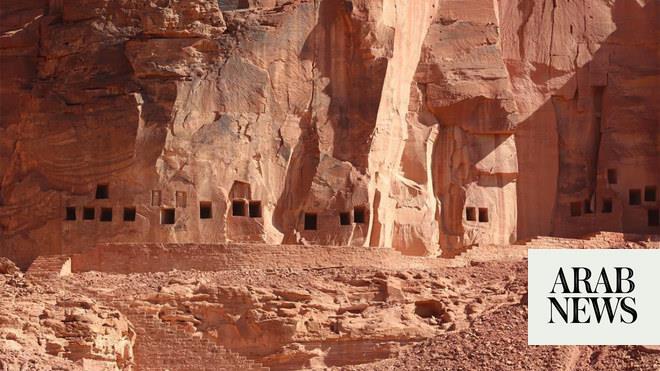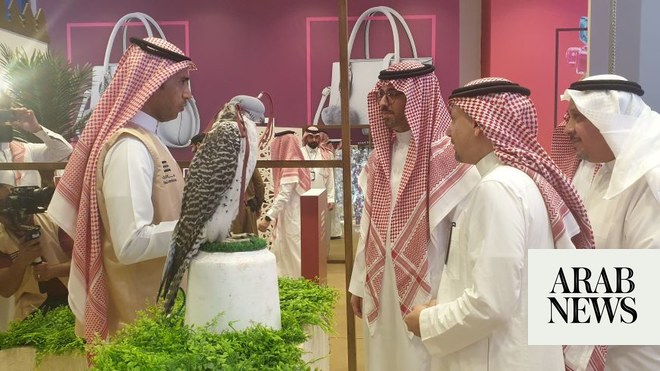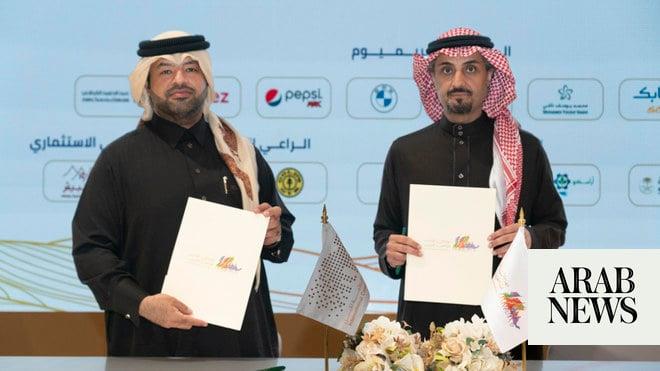
RIYADH: The Royal Commission for AlUla (RCU) signed a long-term strategic partnership on Wednesday with the UN Educational, Scientific, and Cultural Organization to develop AlUla’s cultural landscape and promote understanding of the global importance of heritage.
The agreement was signed by Minister of Culture Prince Badr bin Abdullah bin Farhan and UNESCO Director-General Audrey Azoulay. Princess Haifa bint Abdul Aziz Al-Muqrin, the Kingdom’s permanent representative to UNESCO, and Amr Al-Madani, CEO of RCU, also attended the meeting at UNESCO’s headquarters in Paris.
The agreement aims to achieve mutual benefits and promote the cultural, social, and economic development of AlUla by strengthening efforts to protect AlUla’s cultural, natural, and historical sites. To achieve these goals, efforts will focus on promoting capacity building and knowledge transfer with experts from all around the world. They will join RCU efforts to turn the area into a benchmark destination for heritage, nature, arts, and culture.
Prince Badr said the agreement will help the vision of Crown Prince Mohammed bin Salman in transforming AlUla into a global destination for heritage, nature, arts, and culture.
“Signing this agreement, which is the first of its kind, is another significant moment in our journey toward achieving these ambitions and promoting a sustainable relationship between UNESCO, the Kingdom, and RCU,” he said.
Prince Badr also said the partnership will connect AlUla’s past, present, and future by harnessing the power of education, science, and culture. He wants to make AlUla a catalyst for sustainable development and also achieve long-lasting change in line with Saudi Vision 2030 and the UN sustainable development goals.
“The relationship between Saudi Arabia and UNESCO dates back to 1946 when the Kingdom became a member of our organization,” Azoulay said. “The cooperation with the Kingdom today is taking another important step forward to keep pace with the significant transformation taking place in AlUla.”
The agreement will see the implementation of several knowledge-based initiatives to transform the cultural natural landscape and cultural depth of AlUla with responsible and sustainable means. It will also develop the large part of the Kingdom’s northwest into the world’s largest living museum.
The five-year agreement focuses on 10 programs that include the listing of new natural and cultural sites under UNESCO’s taxonomy to protect and promote the local heritage and natural landscapes and ecosystems. Key sectors also include heritage conservation, education, capacity-building, nature, and creative arts, where locals will be the main beneficiaries of AlUla’s development.











